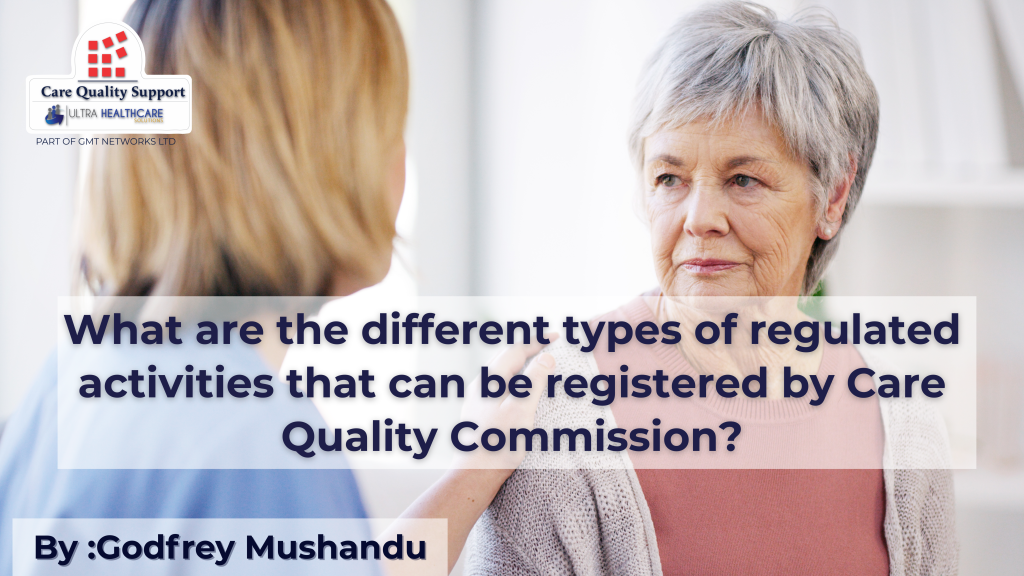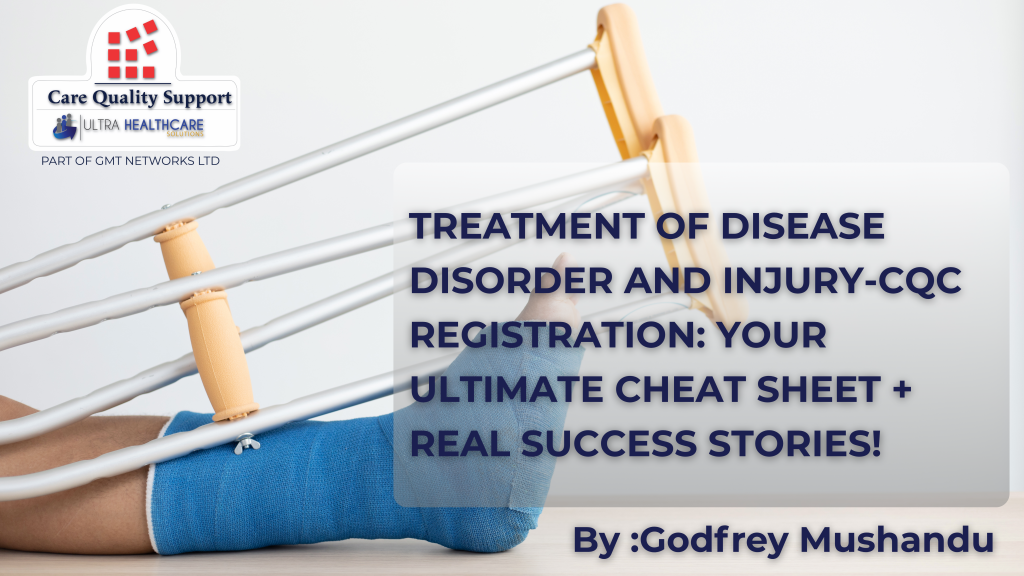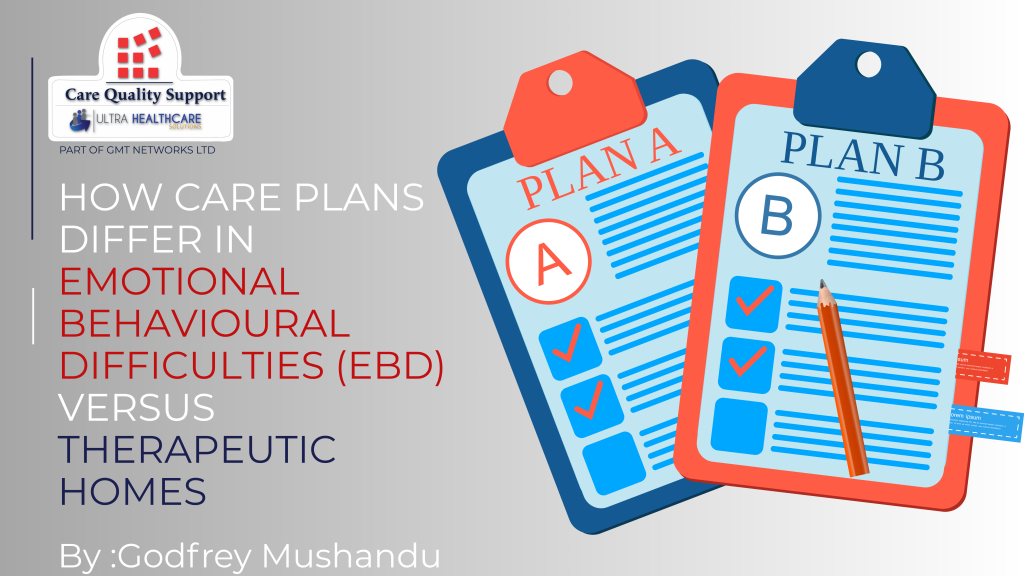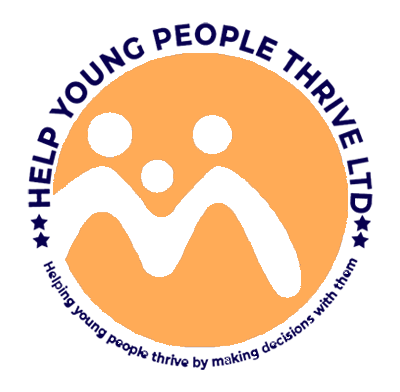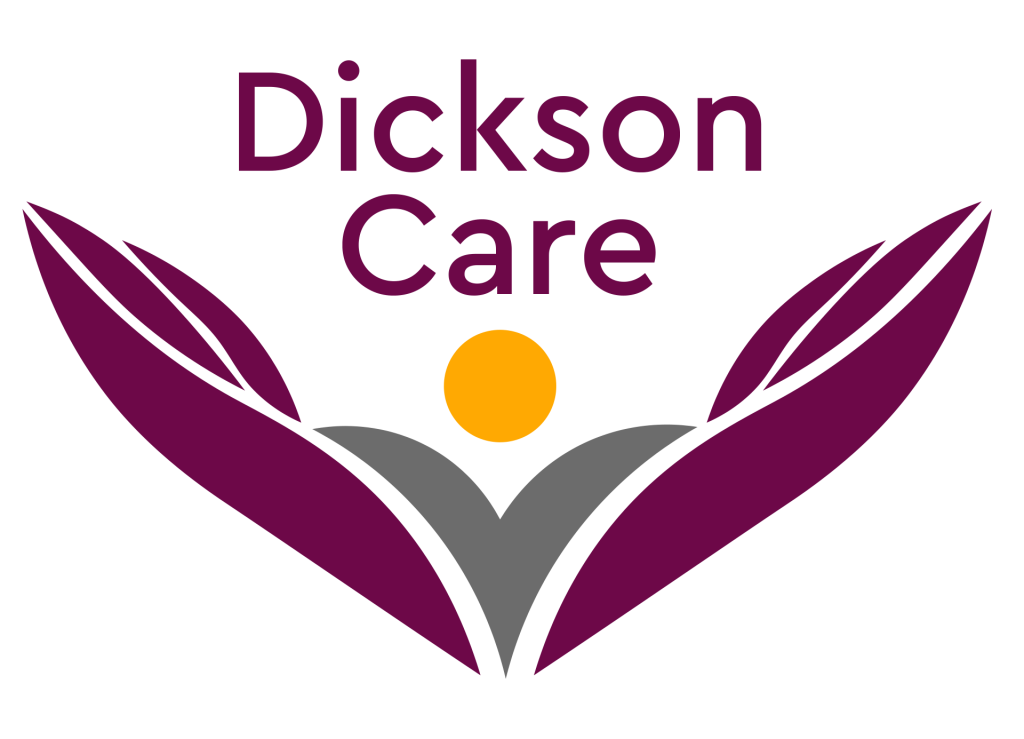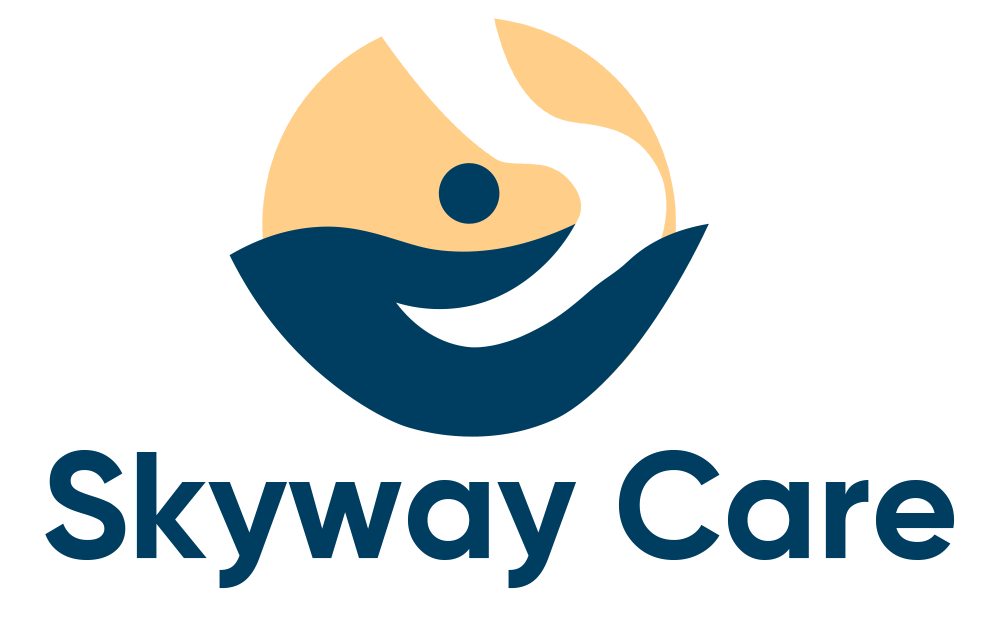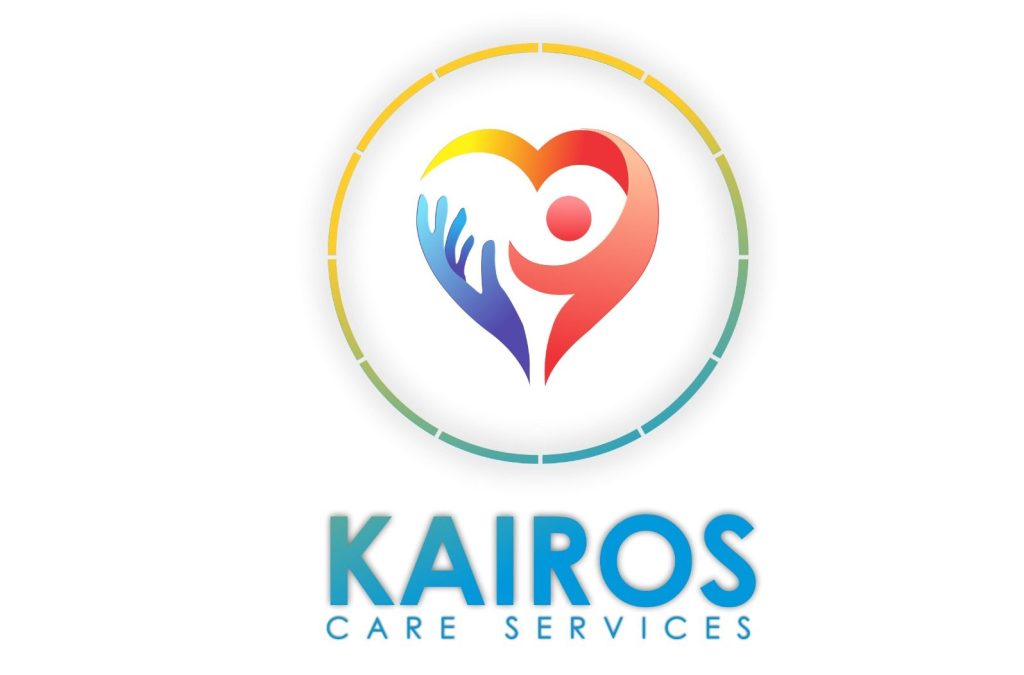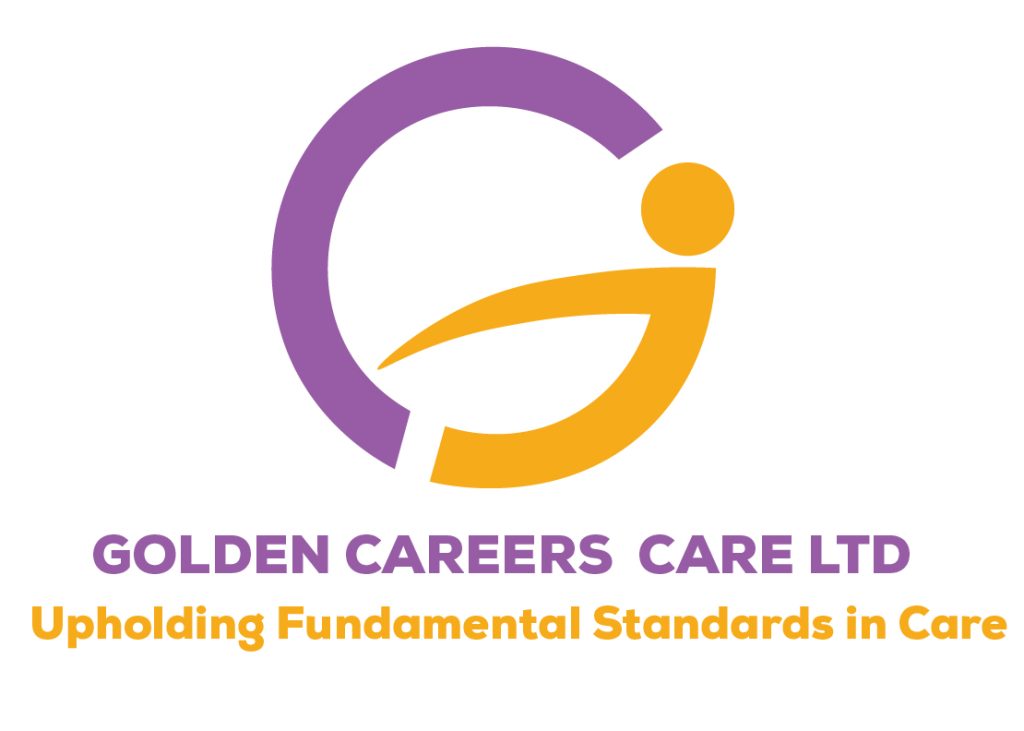What are the different types of regulated activities that can be registered by Care Quality Commission?
There are 15 main types of regulated activities that providers can register with the Care Quality Commission (CQC) in England, each related to specific health and social care services. Registering for the correct regulated activity is a legal requirement and encompasses a wide range of care and clinical interventions. Below are the details of what are the different types of regulated activities that can be registered by Care Quality Commission. What is a CQC regulated […]

